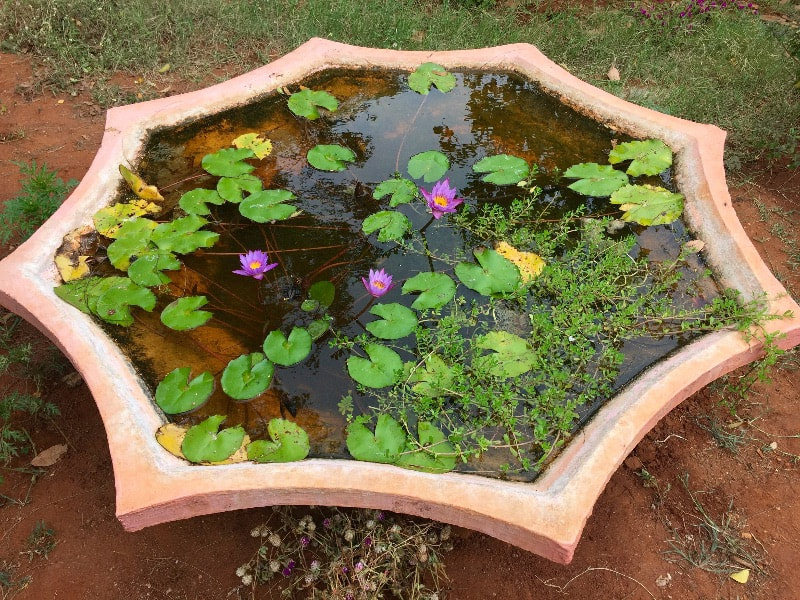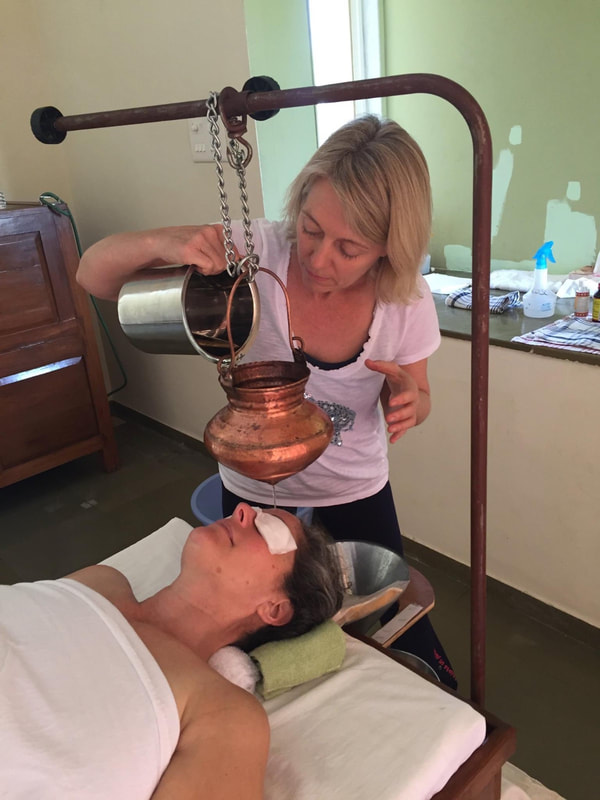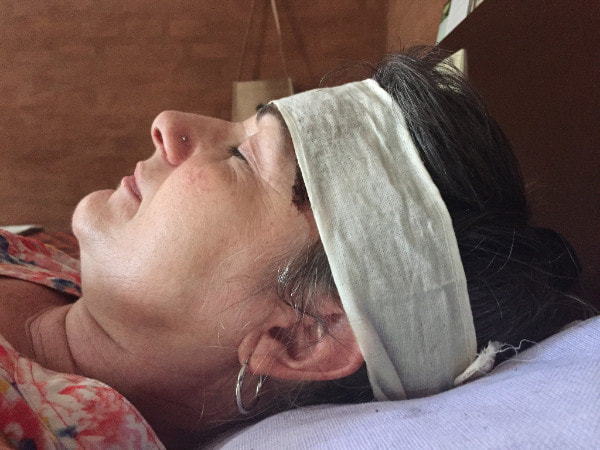Did you know that powerful remedies exist that can improve memory, calm anxiety, lift depression, even relieve the symptoms of Parkinson’s Disease? No, they are not some new miracle drugs, but plants used for thousands of years in Ayurveda. Ayurveda is the ancient healing system of India in which anything in nature might be used as medicine, but primarily plants.
- At the top of the list is Bacopa monnieri, also known as Brahmi. In India, fresh Brahmi leaves are crushed and the juice given to babies to make them bright. It is said to improve learning, concentration and memory. It is used alone or in formulas for epilepsy, anxiety, insomnia, learning problems, dementia, Parkinson’s disease and other brain or mental disorders. An adaptogen, it increases resilience to stress and removes toxins
- Gotu Kola, or Centella asiatica, is similar to Bacopa, but is less cold. Ayurveda classifies plants according to their taste and energy, ie. heating versus cooling, or moistening versus drying. Gotu Kola is used to protect against the aging process and helps rebuild energy reserves. It relieves stress, insomnia, and depression. Large doses can be narcotic and cause headaches and dizziness. Gotu Kola is easy to grow in gardens or in pots. It should not be taken with barbituates, insulin, and cholesterol-lowering medications since it may inhibit liver enzymes.
- Kapikacchu, or Mucuna pruriens, is famous for use with Parkinson’s disease as its' seeds contain L-dopa. A strengthening nerve tonic, Kapikacchu is useful for all conditions of unbalanced air and space elements. Ayurvedic theory bases treatment on harmonizing the five elements of air, space, fire, water and earth that make up our bodies and all of nature. It can be hallucinogenic in large doses.
- Jatamamsi, or Nardostachys jatamamsi, (also known as Indian spikenard or just plain nard) is used for anxiety, panic attacks, depression, epilepsy, headaches, and neurogenerative diseases. Jatamamsi essential oil is useful for calming the nervous system.
- Shankapushpi, Evolvulus alsinoides, is also known as bindweed or aloe weed. It is very common in formulas for mental and emotional disorders. Shankapushpi relieves pain, anxiety, insomnia, and convulsions. It helps to rejuvenate nerve tissue. It should not be taken with sedatives and central nervous system depressants.
- Skullcap, or Scutellaria lateriflora, is considered especially useful for helping to break addictions. There herbs are typically ingested, but can also be used in therapies such as shirodara, where warm oil is poured on the forehead. Herbs may also be cooked into oils or other substances like ghee or milk to deliver their healing properties.
- Jyotishmati, or Celestrus paniculatus, is a nervine tonic, stimulating the intellect and sharpening memory. It is rejuvenative and an antidepressant.
- Gingko, or Gingko Biloba, is good for lifting anxiety and depression and improving memory and concentration. Gingko balances all constitutions.
These plants are increasingly found in formulas available in the marketplace; care should be taken to ensure they are sustainably sourced as some of these plants are endangered.
The Bhavaprakasha is the name of the text in which one can find references to remedies. Written in the 16th century A.D., it codified information from multiple sources, many of which date back to oral sources thousands of years before the Common Era.




